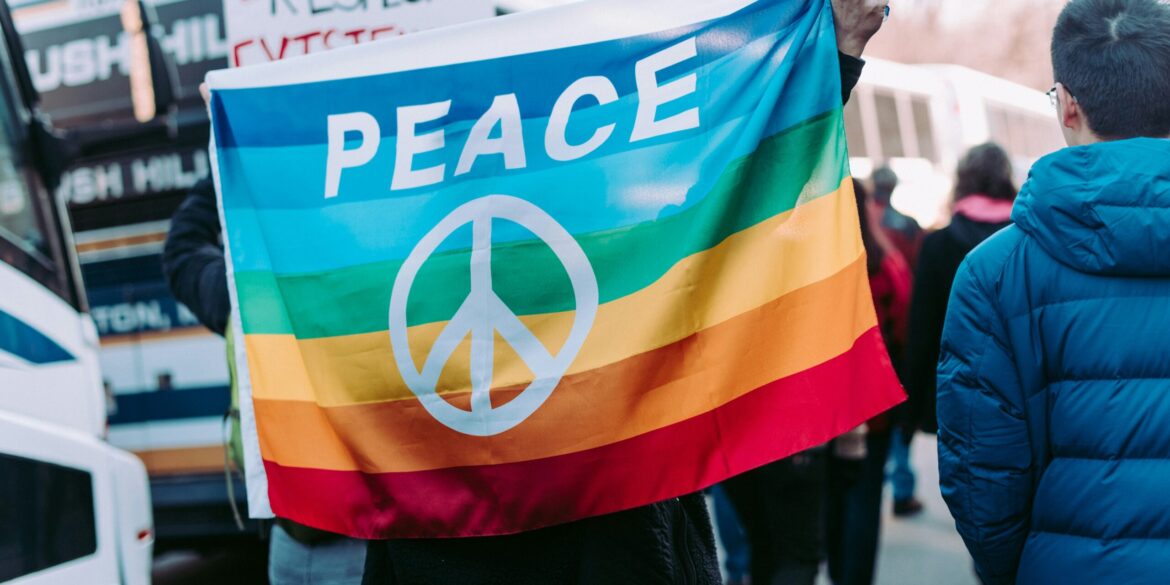Boulder, Colorado, is left in shock after a premeditated attack on a Jewish solidarity march on June 1, 2025. The assault, which took place during a peaceful demonstration in support of the Jewish community, involved the use of incendiary devices and a makeshift flamethrower. The suspect, Mohamed Sabry Soliman, a 45-year-old Egyptian national, allegedly targeted march participants, injuring 12 people, including an 88-year-old Holocaust survivor. In the wake of the attack, both local and national leaders have condemned the violence, calling for unity and a stronger response to the growing threat of antisemitism.
According to the Boulder Police Department, the attack occurred in the heart of the city as a group of community members gathered to peacefully protest against rising antisemitism and express solidarity with Jewish people worldwide. Witnesses report that Soliman, acting alone, began to deploy dangerous devices aimed at the marchers, creating a chaotic and frightening situation. Several victims were rushed to the hospital with injuries, including burns and trauma, while others were left in shock and distress.
Among the victims was a 88-year-old Holocaust survivor, whose presence at the march symbolized the enduring strength and resilience of the Jewish community. The elderly woman, who had survived one of history’s darkest chapters, was injured in the attack, sparking further outrage from community members and leaders. Many expressed disbelief that someone could target such a peaceful and meaningful event, especially one that honored the memory of those lost in the Holocaust.
Federal prosecutors have swiftly responded to the incident, charging Soliman with multiple counts, including attempted murder and a federal hate crime. The charges reflect the gravity of the attack and the intent behind it. Authorities are continuing their investigation, but the nature of the assault—carried out with incendiary devices and an improvised weapon—suggests that the attack was premeditated and carefully planned.
The incident has stirred outrage not only in Boulder but also across the nation. Jewish community leaders, civil rights organizations, and politicians have all voiced their condemnation of the attack, emphasizing the need for greater vigilance and stronger action against hate crimes. “This act of violence is a reminder of the deep-seated hatred that still exists in our society,” said Deborah Lipstadt, U.S. Special Envoy to Monitor and Combat Antisemitism. “It is crucial that we stand together against such acts and ensure that justice is served.”
In Boulder, residents have come together to support the victims of the attack and to demonstrate their commitment to combating hate. Local religious leaders held a vigil in the days following the attack, offering prayers for the injured and reaffirming the city’s commitment to fostering inclusivity and peace. Many spoke of the emotional toll the attack has taken on the community, particularly as Boulder has long been regarded as a liberal and progressive city that values diversity and tolerance.
Nationally, the attack is seen as part of a broader trend of rising antisemitism in the United States. According to recent reports from the Anti-Defamation League (ADL), incidents of antisemitic harassment, vandalism, and violence have been on the rise in recent years. The ADL’s data highlights an alarming increase in attacks targeting Jewish individuals and institutions, with incidents reaching the highest levels in decades. Experts warn that the rise of online hate speech and the increasing polarization of political discourse are contributing factors.
In response to the Boulder attack, lawmakers across the political spectrum have called for stronger laws to combat hate crimes. Some have proposed expanding the federal definition of hate crimes to include more targeted categories, while others have pushed for enhanced funding for anti-bias education programs in schools and communities. The focus is on addressing the root causes of hate and ensuring that such violent acts are met with swift legal consequences.
The attack in Boulder serves as a stark reminder of the persistence of antisemitism and the need for continued efforts to combat hate in all its forms. As the community works to heal, there is a growing recognition that incidents like this must not be tolerated, and that steps must be taken to prevent future attacks. The resilience of the Jewish community in Boulder, and across the country, continues to shine as a beacon of hope in the face of adversity.
For now, the focus remains on the victims, the legal proceedings against Soliman, and the larger effort to combat hate and intolerance. As leaders and community members work toward healing, the message is clear: unity and vigilance will be crucial in the fight against rising hate and violence in America.

